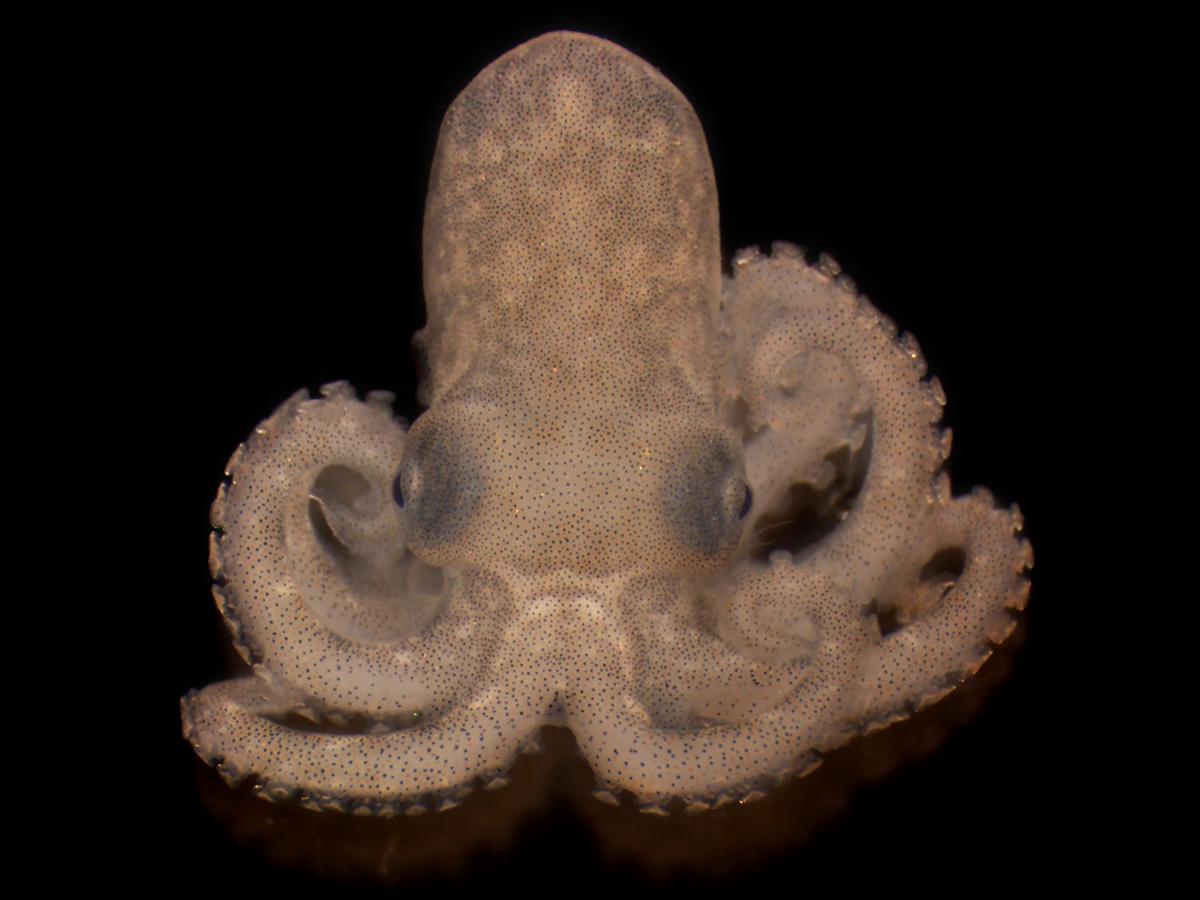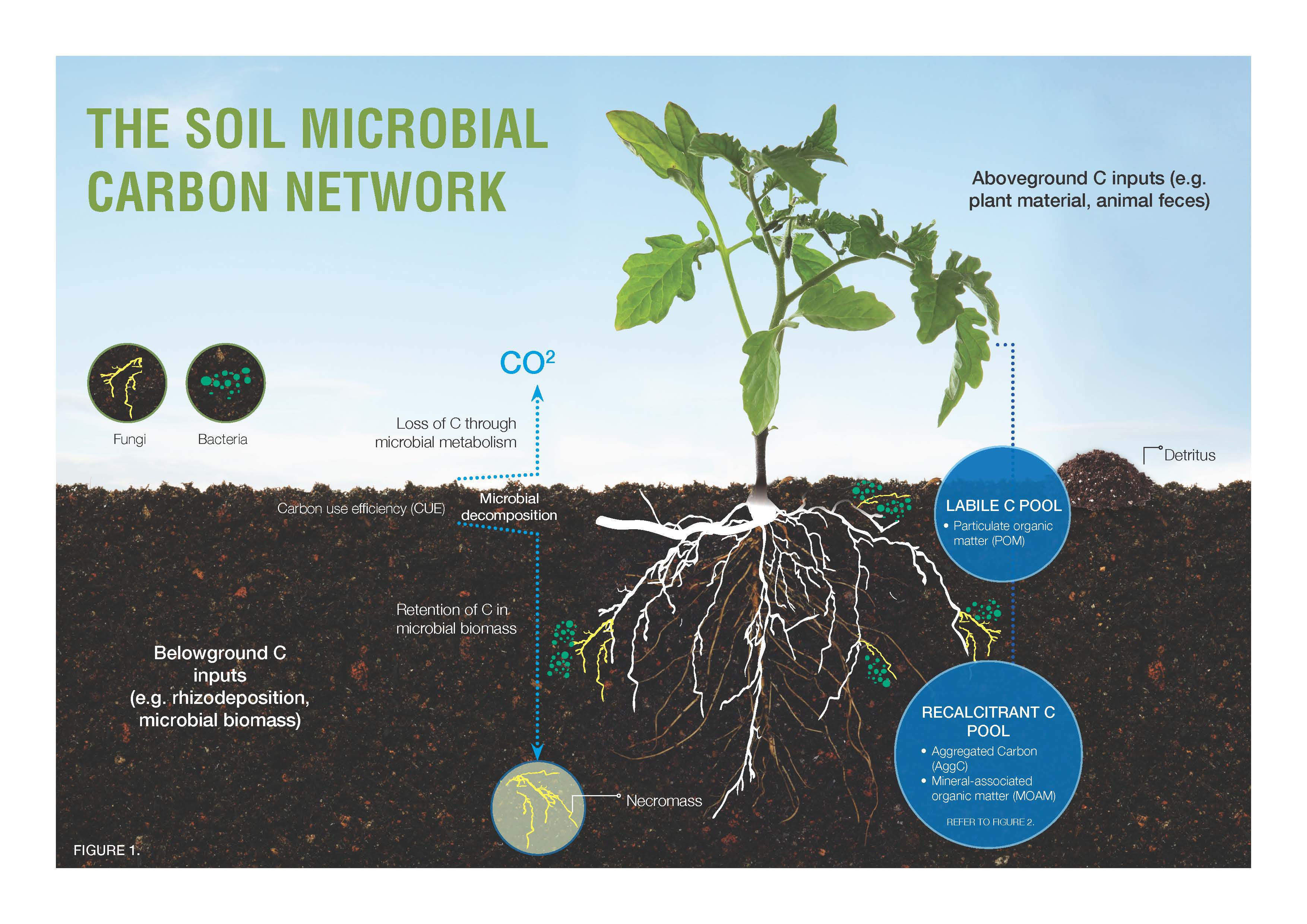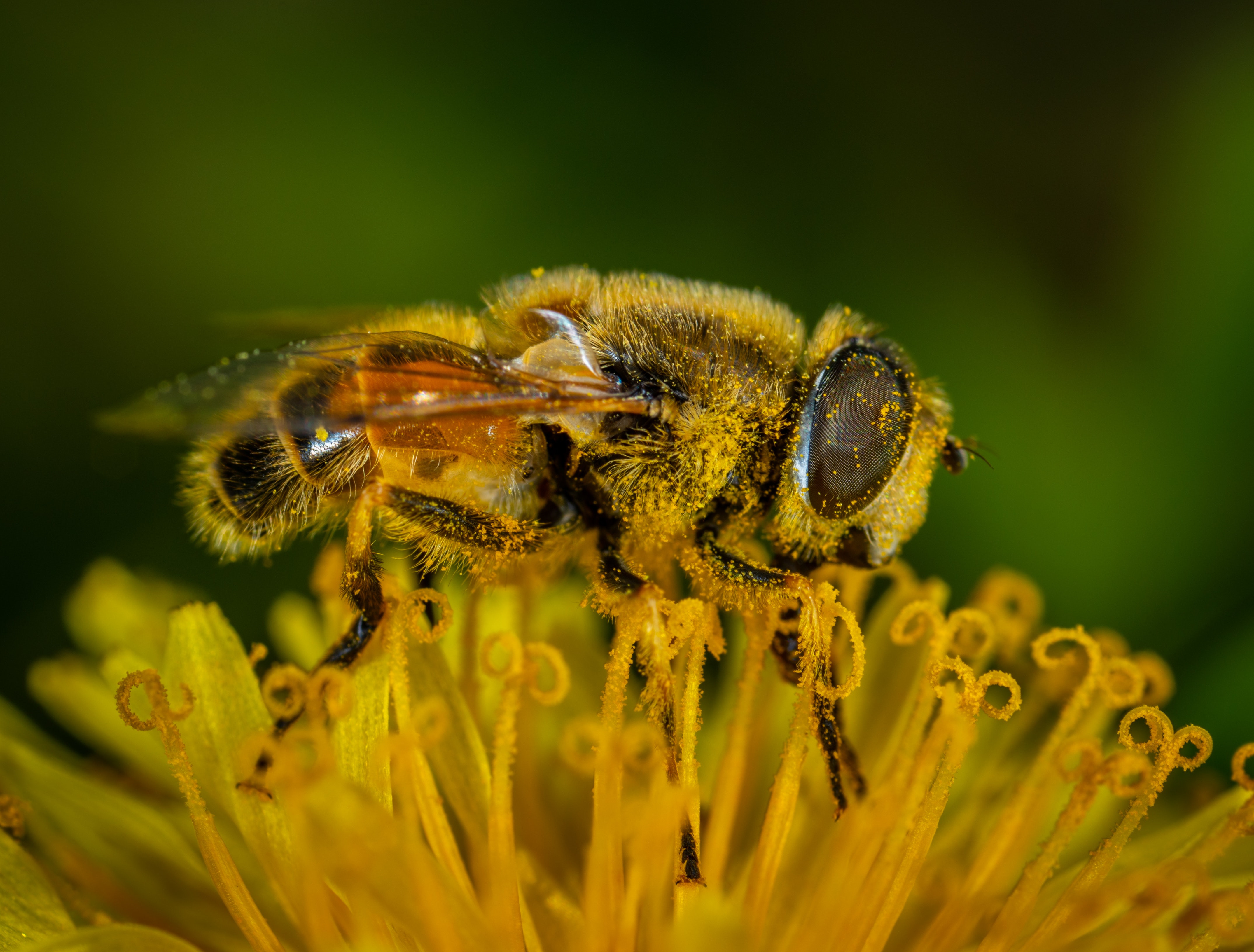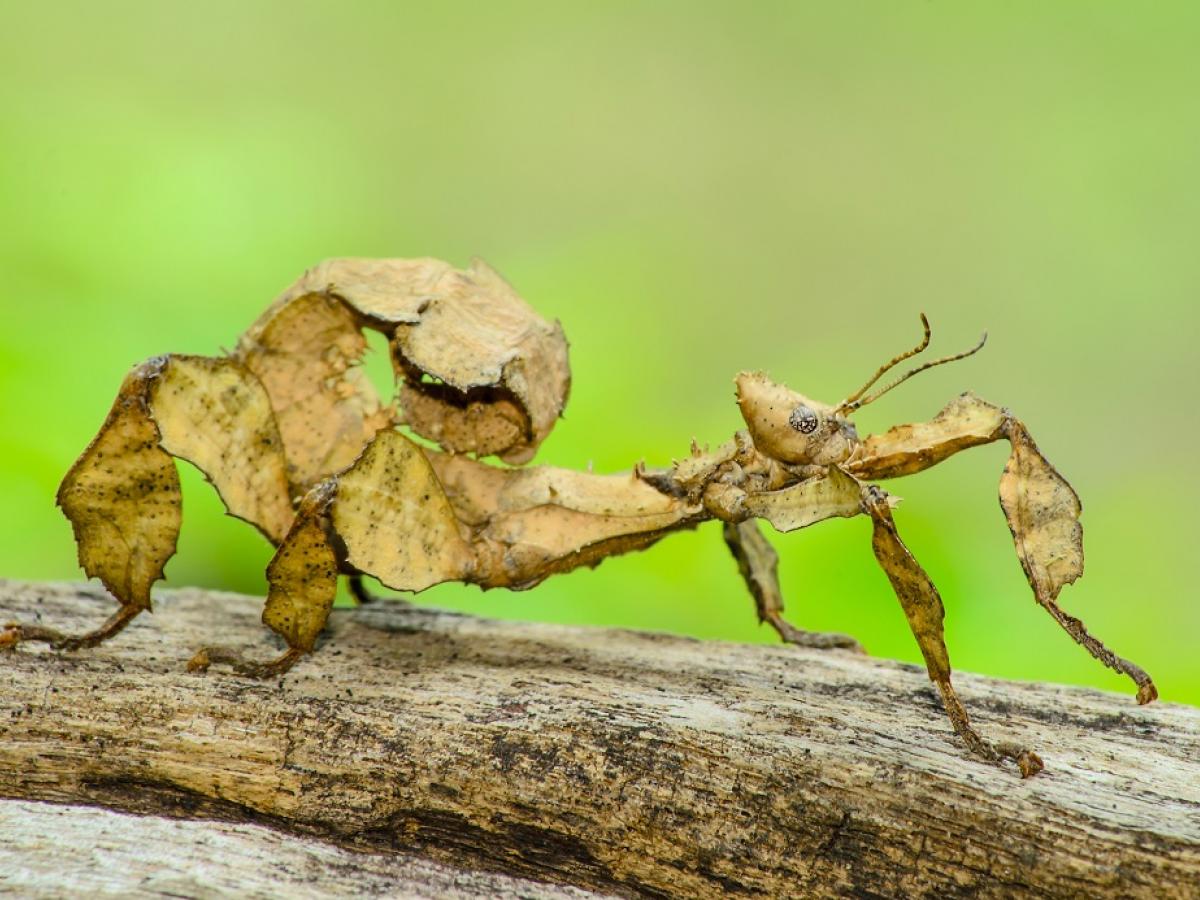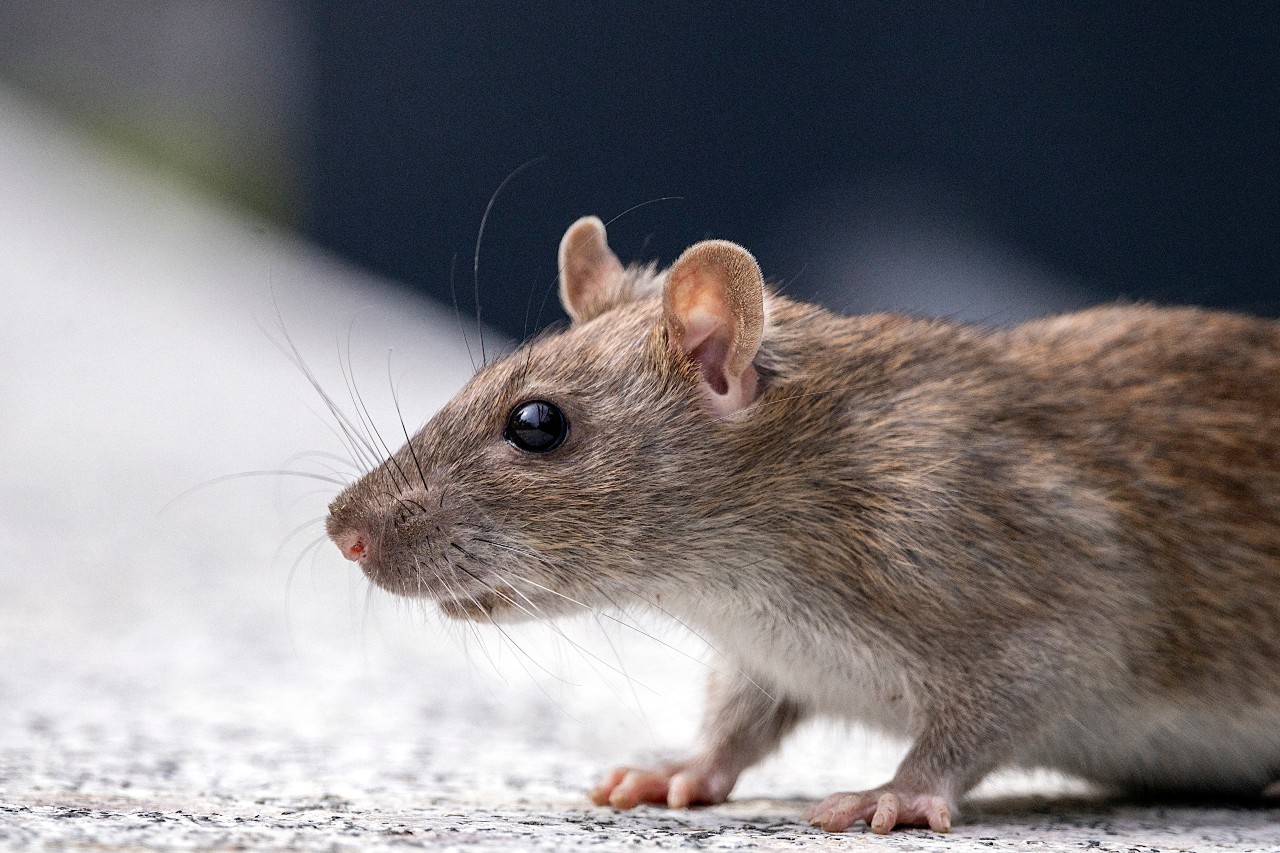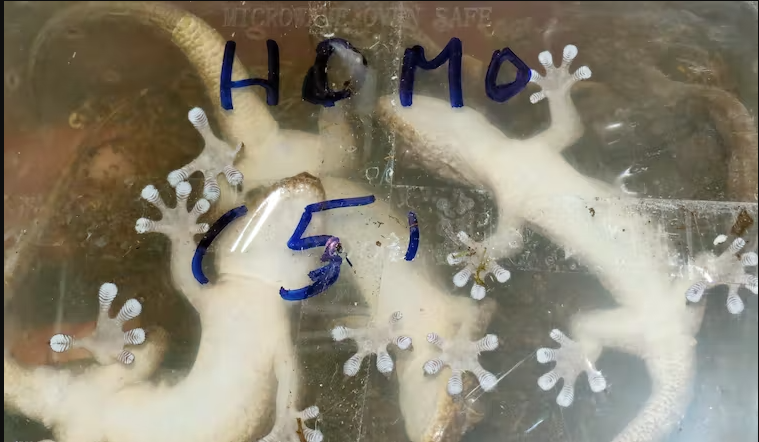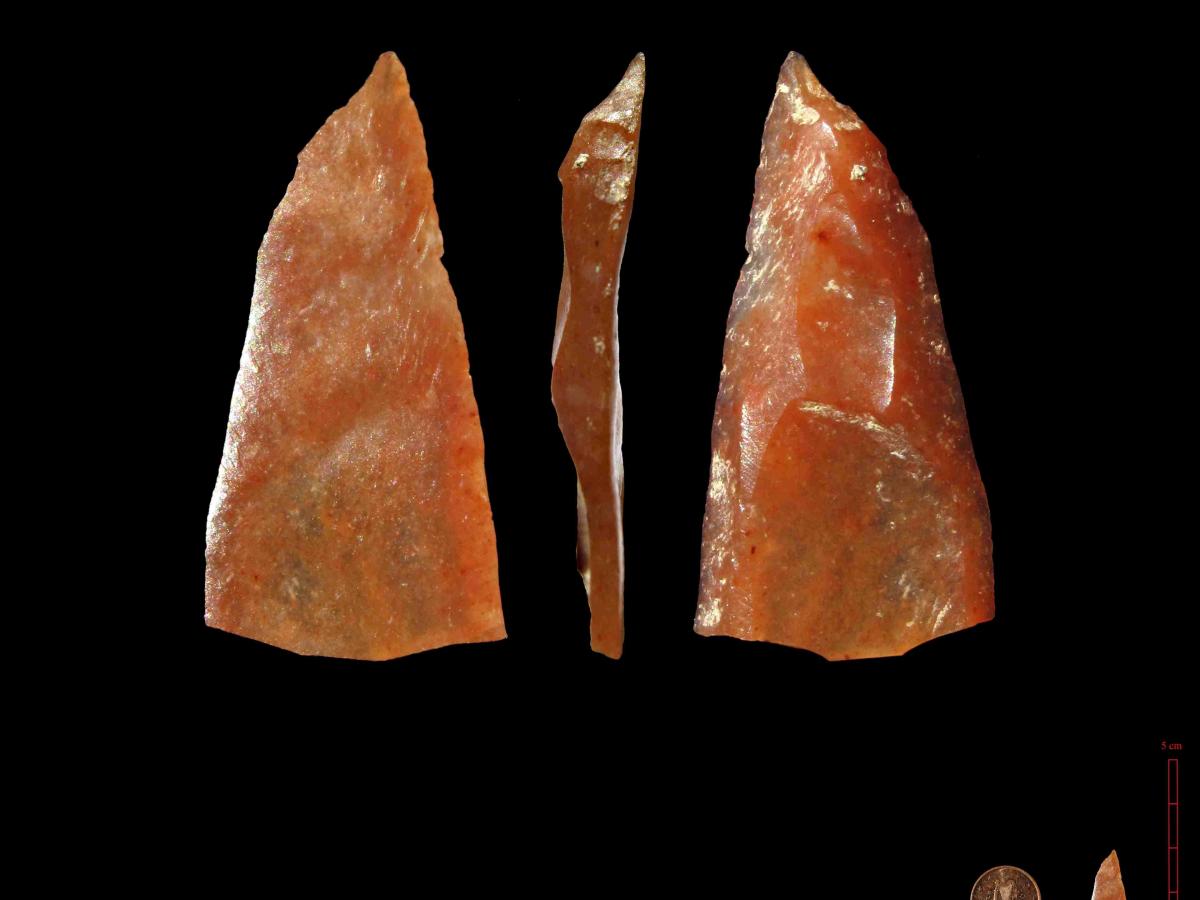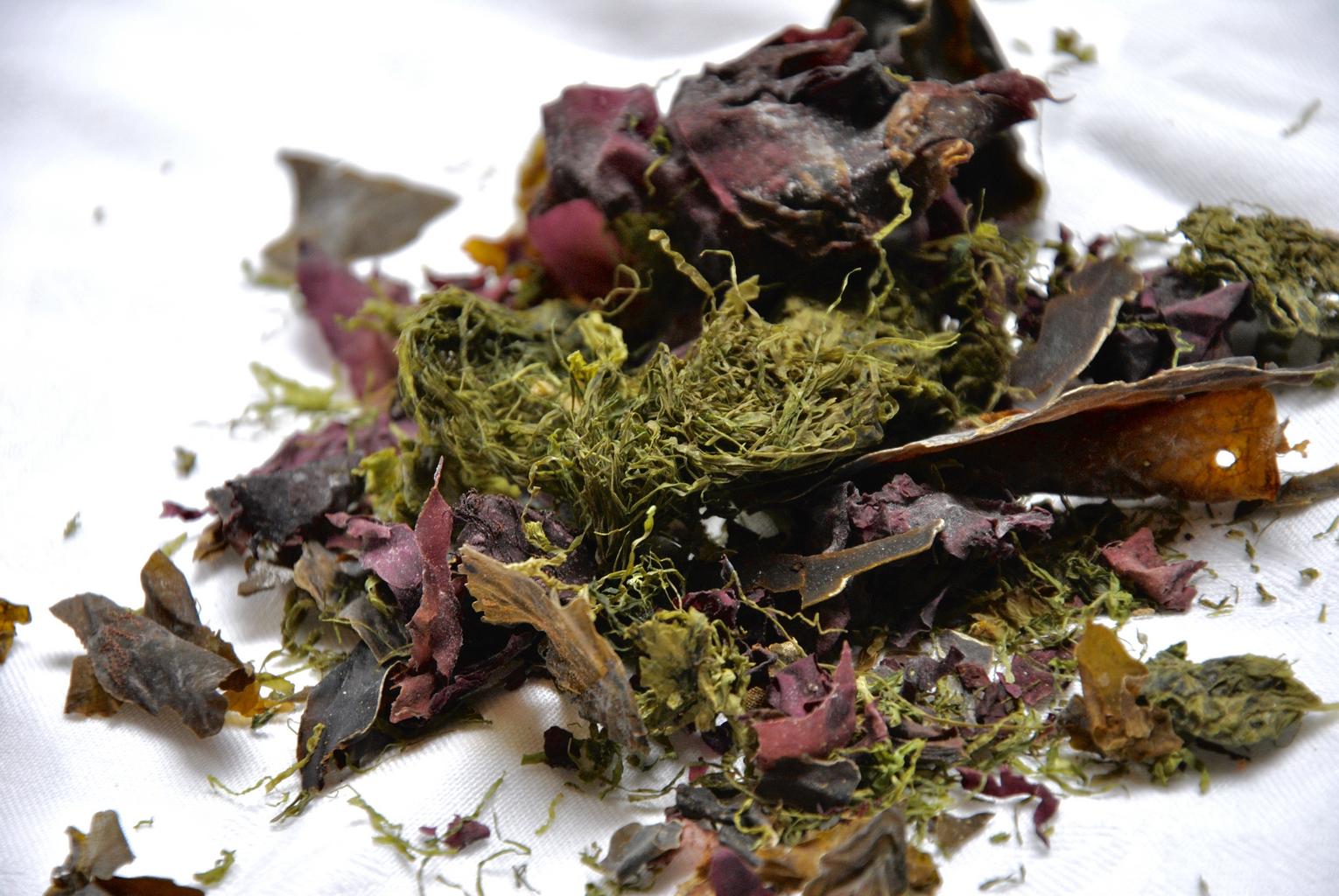BLOGS WEBSITE
Category: paper
Heat stress from ocean warming harms octopus vision
While climate change has led to an increase in the abundance of octopuses, heat stress from projected ocean warming could impair their vision and impact the survivability of the species. “We found several proteins important for vision that were affected by thermal stress,” says Dr Qiaz Hua, a recent PhD graduate from the University of […]
Comments Off on Heat stress from ocean warming harms octopus vision
Microbial solutions to soil carbon sequestration
The potential of soil to capture and store carbon dioxide (CO2), known as carbon sequestration, has been proposed as a compelling mitigation strategy to help address climate change. Agriculture is the primary supervisor and benefactor of global soil carbon stocks. It has an important role to play in developing practices that reduce the physical disturbance […]
Comments Off on Microbial solutions to soil carbon sequestration
The feral flying under the radar: why we need to rethink European honeybees
Australia’s national parks, botanic gardens, wild places and green spaces are swarming with an invasive pest that is largely flying under the radar. This is yet another form of livestock, escaped from captivity and left to roam free. Contrary to popular opinion, in Australia, feral colonies of the invasive European honeybee (Apis mellifera) are not […]
Comments Off on The feral flying under the radar: why we need to rethink European honeybees
Uncovering online sales of Australian invertebrates
In the first study of its kind, researchers from the University of Adelaide have investigated the level of online trade in invertebrates in Australia and believe they have only uncovered the tip of the iceberg. “In a one-year period we found 264 different species of terrestrial invertebrates that were for sale online in Australia,” said […]
Comments Off on Uncovering online sales of Australian invertebrates
Desert “time capsules” of biodiversity support ancient, but at-risk, fauna
The Great Artesian Basin (GAB) spans almost a quarter of Australia’s landmass and is one of the largest underground freshwater sources on Earth. Basin water is concealed from the outside world by a layer of impermeable rock, but at the margins of the GAB, this layer is thinnest and allows water to seep above ground […]
Comments Off on Desert “time capsules” of biodiversity support ancient, but at-risk, fauna
Reef life decline following a decade of ocean warming
Dangers are lurking beneath the sea, but its not what you think. Our marine life may be out of sight, but it does not mean it is out of trouble. The majority of Australian shallow-reef species experienced steep population declines between 2008 and 2021, reports a study published in Nature this week. This trend, although not […]
Comments Off on Reef life decline following a decade of ocean warming
Gene-drive strategy could suppress invasive mice on islands
Invasive rodents pose a significant threat to global biodiversity. Current control methods, such as poisoning, trapping, biological control with additional introduction of competitors or predators are often ineffective, costly, and not species specific. Genetic biocontrol has considerable potential to control invasive populations but has not been developed in any vertebrate pest species. Revolutionary gene drive […]
Comments Off on Gene-drive strategy could suppress invasive mice on islands
‘Astonishing’: global demand for exotic pets is driving a massive trade in unprotected wildlife
Global demand for exotic pets is increasing, a trend partly caused by social media and a shift from physical pet stores to online marketplaces. The United States is one of the biggest markets for the wildlife trade. And our new research has identified an astonishing number of unregulated wild-caught animals being brought into the US […]
Comments Off on ‘Astonishing’: global demand for exotic pets is driving a massive trade in unprotected wildlife
History of modern human arrival in Europe rewritten, as new fossil discovered
An international research team including scientists from the University of Adelaide has found evidence of human occupation in Europe almost 10,000 years earlier than previously documented, a discovery that stands to rewrite modern human and Neanderthal histories on the continent. In a study published in Science Advances and led by Toulouse University, France, the authors dated distinctive stone tools and […]
Comments Off on History of modern human arrival in Europe rewritten, as new fossil discovered
Heading towards an improved marine aquaculture sector
It’s one of the world’s fastest growing food industries and, with the introduction of some new strategies investigated by researchers at the University of Adelaide and The Nature Conservancy, could soon be one of its greenest. In a new paper published in BioScience, Climate-Friendly Seafood: The Potential for Emissions Reduction and Carbon Capture in Marine Aquaculture, six principles are […]
Comments Off on Heading towards an improved marine aquaculture sector

